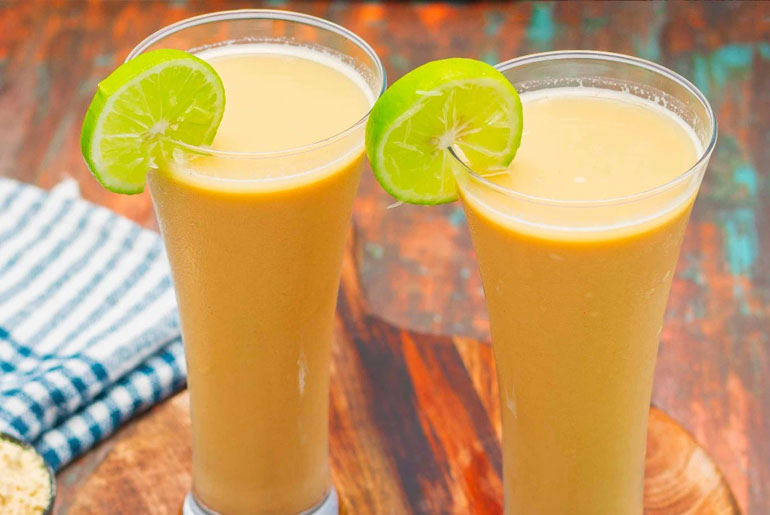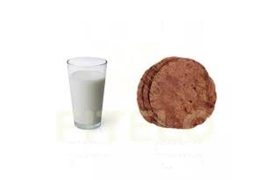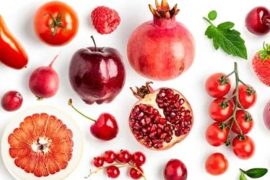Protein is a vital component of a balanced diet, essential for overall health and effective nutrition. However, many vegetarians in India face challenges in meeting their daily protein requirements due to misconceptions about the protein content of certain foods. Commonly consumed items like sattu, dal, and chia seeds are often believed to be high in protein, but in reality, they provide only minimal amounts and fall short of fulfilling daily needs. This highlights the importance of better awareness and strategic dietary planning to ensure sufficient protein intake.
Dal (Pulses)
Dal or pulses are a staple in Indian cuisine, commonly consumed daily and considered a primary protein source. However, nutritionist revealed that this perception is misleading. A single katori (bowl) of dal contains only 4–5 grams of protein, which is insufficient to meet the body’s daily requirements. Despite its other nutritional benefits, dal should not be solely relied upon as a primary protein source.
Sattu
Sattu, a traditional preparation made from dry roasted grains, is another favorite among Indians. Often dubbed a natural protein powder, its nutritional capacity is frequently overestimated. Nutritionist pointed out that a glass of sattu contains only 5–7 grams of protein. While it is a healthy addition to meals, it cannot replace more concentrated protein sources for fulfilling dietary needs.
Mushrooms
Vegetarians often turn to mushrooms as a go-to protein source, but this is a flawed assumption. Nutritionist explained that vegetables, including mushrooms, are poor protein providers. For instance, 100 grams of mushrooms offer a mere 3 grams of protein. Although mushrooms are nutrient-dense and low in calories, they cannot significantly contribute to protein intake.
Peanut Butter
Peanut butter is widely popular for its taste and perceived protein content. However, nutritionist clarified that both peanut butter and peanuts are better categorized as fat sources than protein-rich foods. Two tablespoons of peanut butter provide approximately 10 grams of protein but also deliver 200 calories, primarily from fats. This makes it an inefficient choice for those looking to prioritize protein.
Almonds
Almonds are often consumed as a healthy snack with the belief that they contribute to protein intake. While they are packed with essential nutrients and healthy fats, their protein content is relatively low. Nutritionist highlighted that almonds are primarily a fat source and should not be relied upon for meeting protein requirements.
Quinoa and Millet
Quinoa and millet are gaining popularity as healthy grain alternatives, but they are not as protein-rich as many believe. According to nutritionist, their protein content is similar to that of wheat, at around 13 grams per 100 grams when uncooked. While they offer other health benefits, they do not represent a significant upgrade in terms of protein content compared to traditional grains.
Protein Bars
Protein bars are marketed as convenient solutions for protein needs, but they often fail to deliver on their promises. Nutritionist emphasized that many protein bars contain more sugar than protein, making them a less effective dietary option. She suggested opting for protein powders as a more reliable and efficient alternative.
Chia Seeds
Chia seeds are a celebrated superfood, rich in antioxidants and other nutrients. However, their protein content is modest. Two tablespoons of raw chia seeds provide only 4 grams of protein. While they are a valuable addition to a balanced diet, they cannot replace primary protein sources.
The nutritionist underscored that while foods like dal, sattu, mushrooms, peanut butter, almonds, quinoa, millet, protein bars, and chia seeds do contain small amounts of protein, they are insufficient to meet daily protein requirements on their own. To achieve a well-rounded protein intake, it is crucial to diversify food sources and include more concentrated protein options such as legumes, dairy, eggs, fish, or plant-based protein powders. This balanced approach ensures that nutritional needs are adequately met.
Disclaimer:
The information contained in this article is for educational and informational purposes only and is not intended as a health advice. We would ask you to consult a qualified professional or medical expert to gain additional knowledge before you choose to consume any product or perform any exercise.








